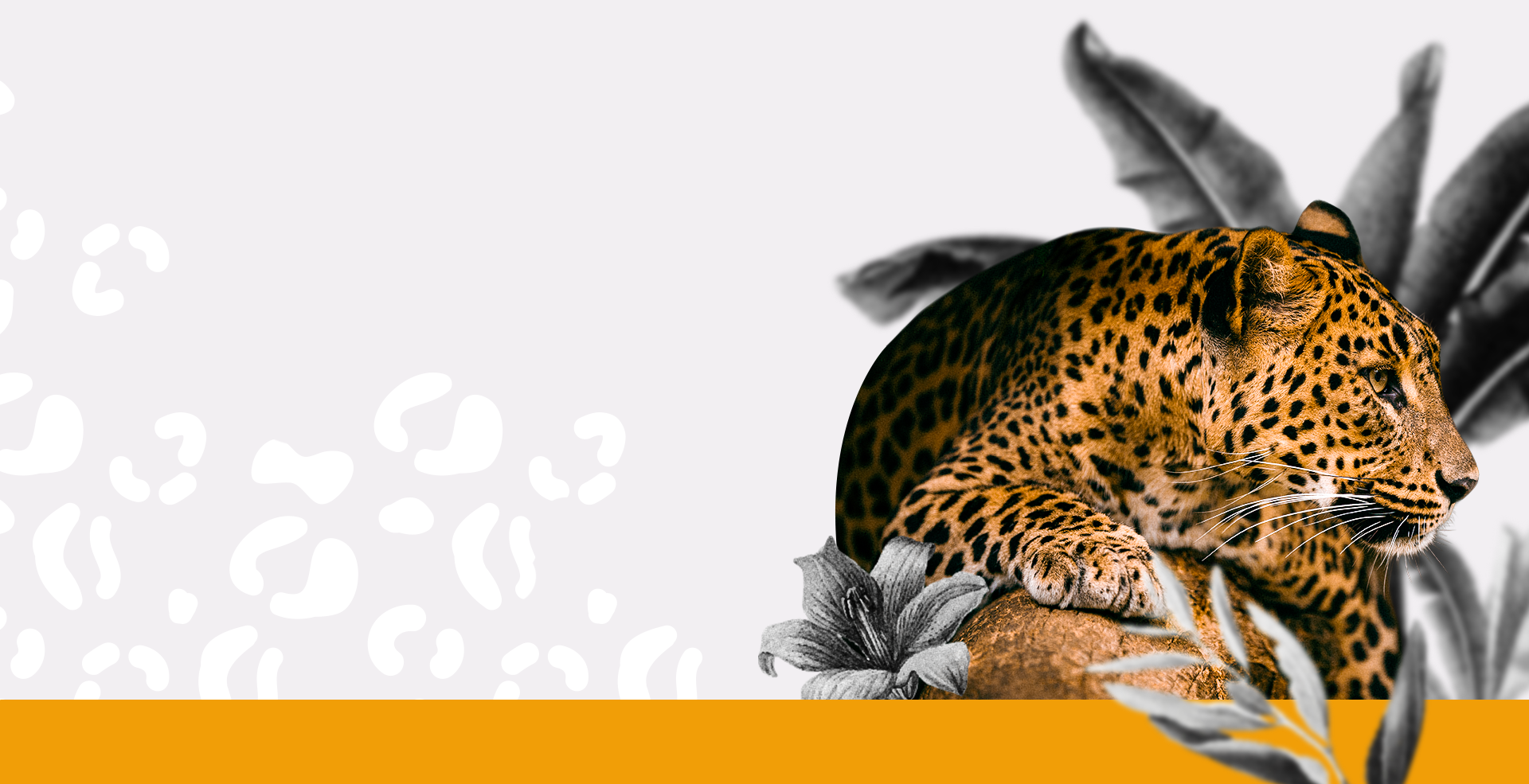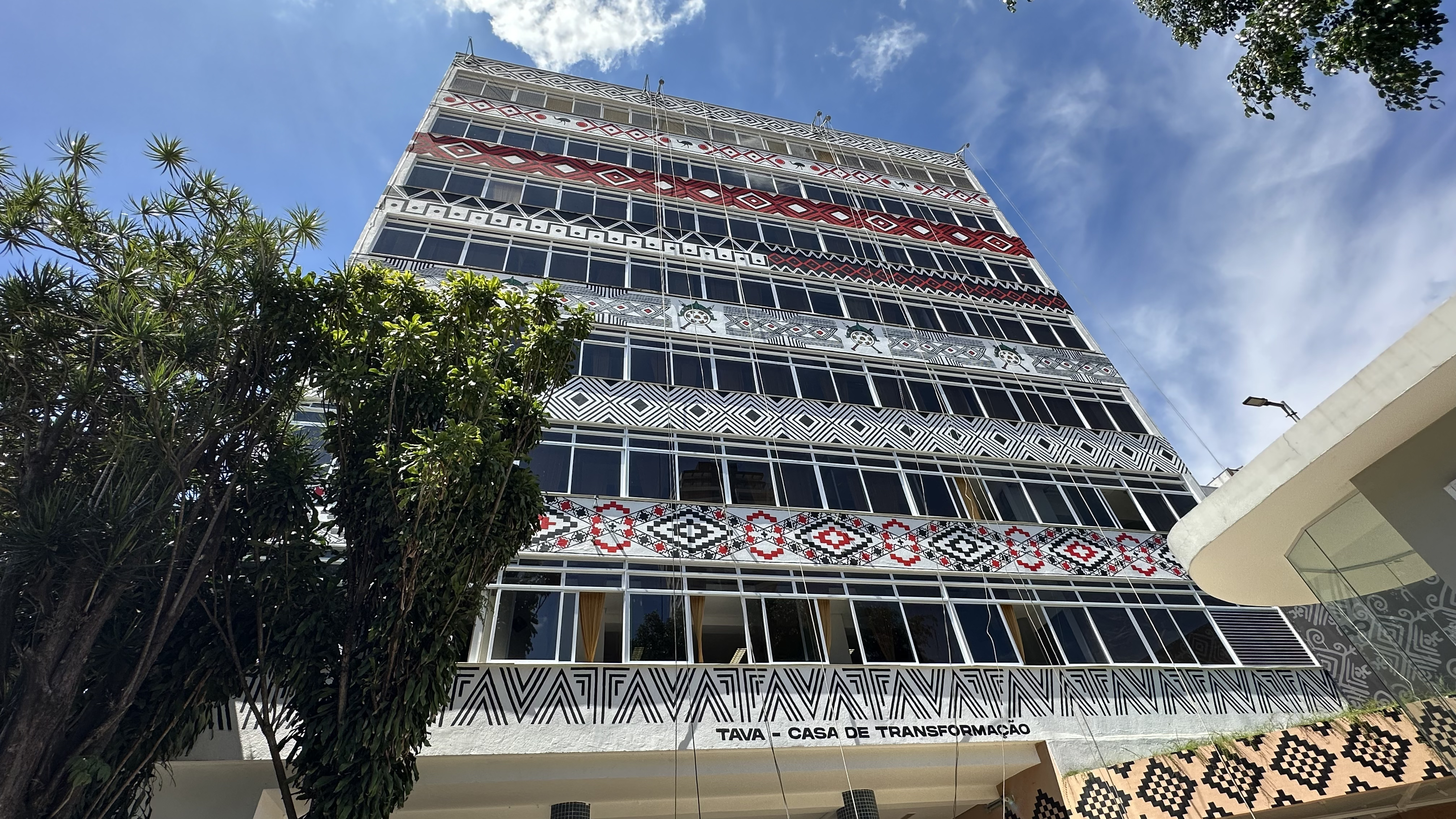the museum
The Museum of Indigenous Cultures (MCI), an institution of the São Paulo State Government, managed by the State Secretariat of Creative Culture, Economy and Industry, in partnership with ACAM Portinari and the Maracá Institute, develops an innovative proposal of shared management with the active participation of the Aty Mirim Indigenous Council, composed of leaders of several indigenous peoples in the State of São Paulo.
Inaugurated in 2022, the MCI is established as a dialogic and participatory museological institution that aims to express diverse indigenous voices and cultures. It was created with the purpose of connecting, researching, strengthening, and communicating the stories and memories of indigenous resistance and resilience, indigenous art, and artistic, intellectual, and technological productions of the various indigenous peoples and ethnicities in São Paulo.
The MCI is an achievement of indigenous peoples, serving as a space for intercultural dialogue between indigenous and non-indigenous peoples. It provides an opportunity for diverse indigenous communities to share their ideas, knowledge, philosophies, music, arts, memories, and stories, all rooted in ancestral heritage. Through art and culture, the Museum of Indigenous Cultures highlights the indigenous presence in the cultural landscape of the State of São Paulo and Brazil.
MISSION
The Museum of Indigenous Cultures has the mission to preserve, research, and communicate its carefully selected collection of material and immaterial heritage from indigenous peoples of Brazil, including contemporary art. It aims to provide opportunities for appreciation, entertainment, education, reflection, and knowledge, while contributing to the rights and quality of life of indigenous peoples and promoting sustainability in the relationships among individuals, groups, society, and nature.
Vision
The Museum of Indigenous Cultures envisions being valued by visitors, supporters, and society at large for conducting activities with indigenous heritage that promote understanding of past experiences, current situations, and strategies for the future of indigenous peoples of Brazil, with a focus on social well-being and advocacy for their rights. It aims to work collaboratively with indigenous individuals in museum activities, deepen heritage studies, provide meaningful cultural experiences for both indigenous and non-indigenous people, and ensure the efficiency of its actions with socio-economic sensitivity.
VALUES
- Respect for life and people without discrimination.
- Recognition of the rights and autonomy of indigenous peoples.
- Creation of transformative cultural experiences.
- Achievement of museum objectives with quality, meaning positive evaluation of excellence in actions, – hospitality, and accuracy of information.
- Contribution to local and global sustainable development, considering environmental, social, cultural, and economic sustainability.
- Application of ethics, cost-effectiveness, and transparency in the use of public and private resources to ensure the museum’s viability in the present and future.




